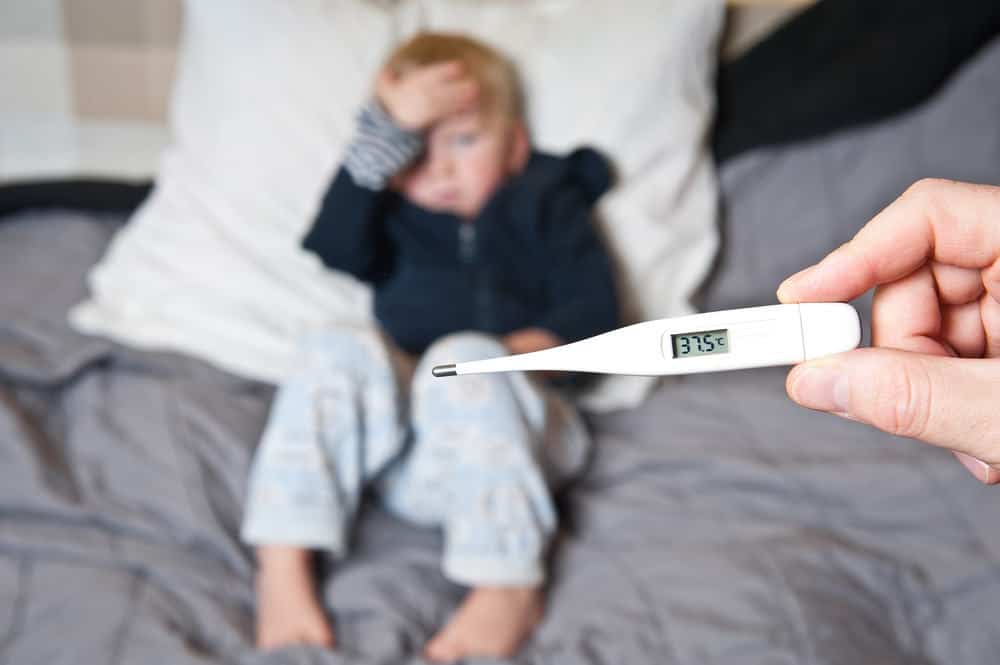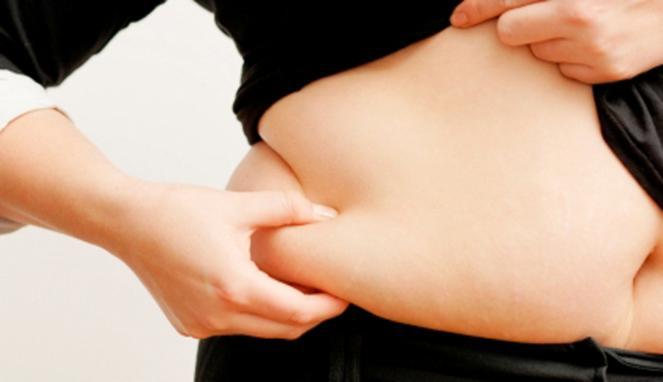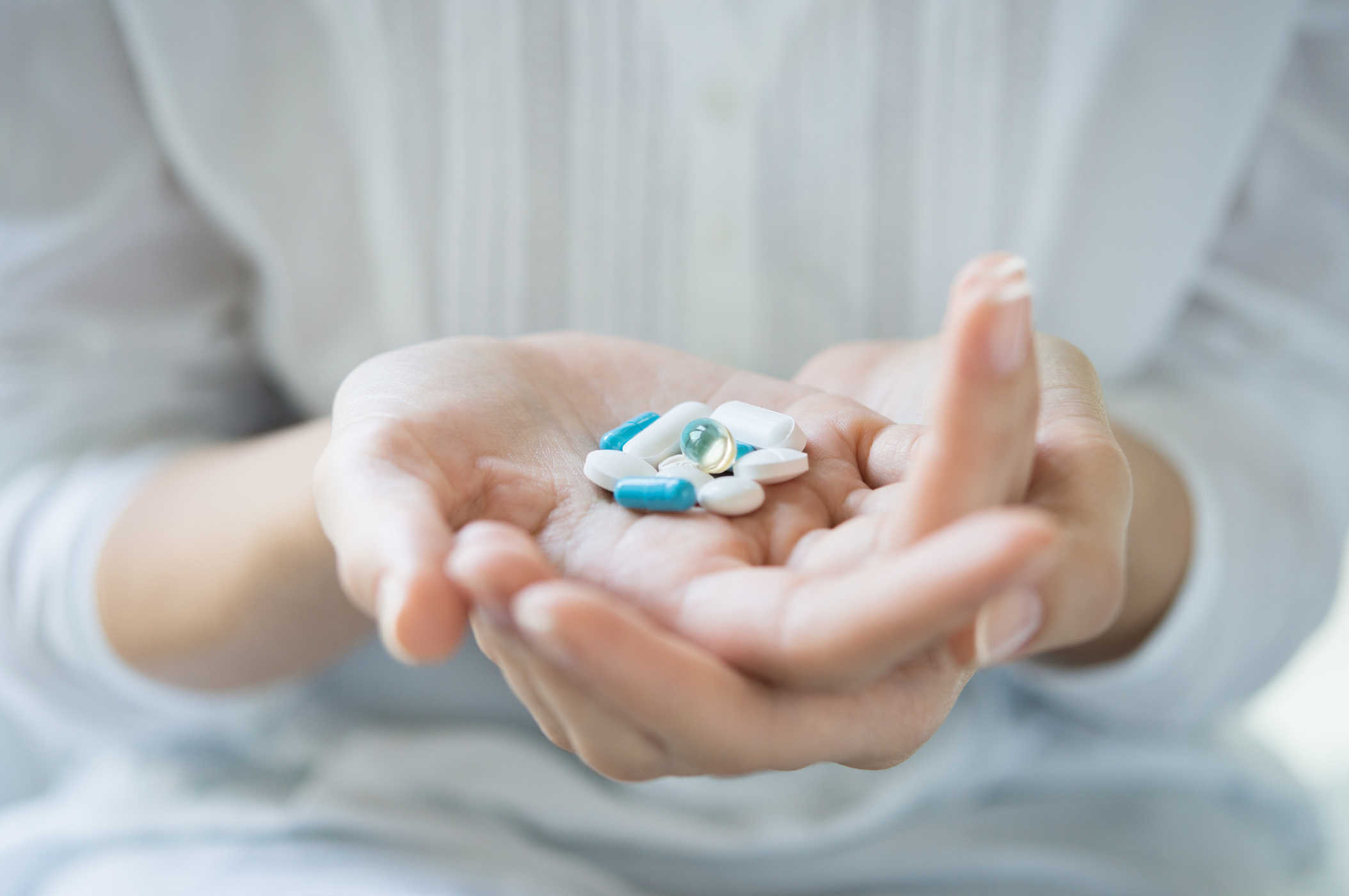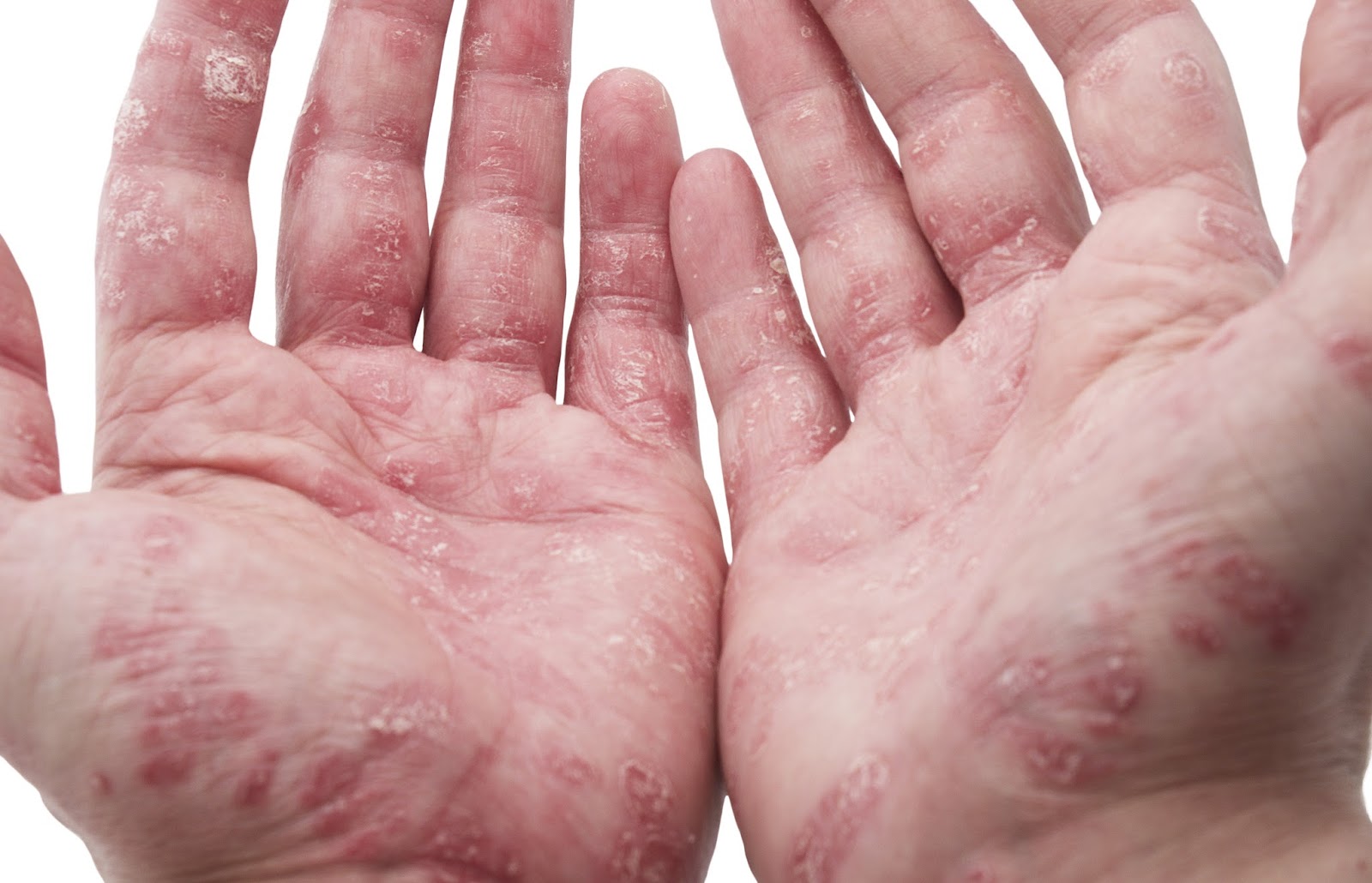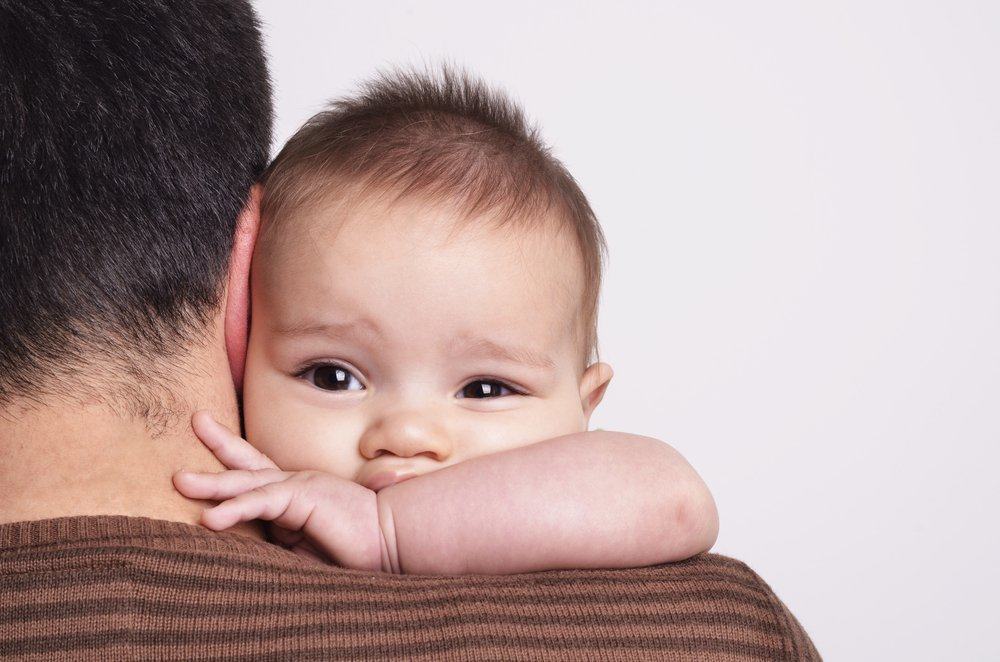Contents:
- Medical Video: Treating Low Blood Sugar
- Initial preparation
- When your child is sick
- When should I contact a doctor?
Medical Video: Treating Low Blood Sugar
Children who have diabetes can also fall ill like other children. But because the effects of the disease experienced can increase or decrease their blood sugar levels, there are some extra precautions needed to keep their blood sugar levels normal.
No need to worry if your child is sick one day. With proper planning and advice from your pediatrician, you will be ready to deal with it. When your child is sick whether it's a minor illness such as a sore throat, flu, or a more severe illness such as dehydration or surgery, their body will feel stressed. To relieve stress, the body will fight disease and this process requires more energy than usual.
On the one hand, this situation is good because it can help the body provide the extra energy that the body needs. On the other hand, for children who have diabetes, this can cause high blood sugar levels. Some other diseases can also result in loss of appetite, nausea, or vomiting. If your child vomits, food intake becomes less and can lead to low blood sugar levels.
In short, blood sugar levels can be very unexpected when your child is sick. So, because you can't know exactly how an illness will affect your child's diabetes, you should often check your child's blood sugar levels when they are sick and adjust the insulin dosage as needed.
Initial preparation
Your child's diabetes doctor will provide instructions and direction in the treatment of diabetes when your child is sick, for example:
- How to monitor blood sugar and ketone levels when your child is sick
- Medicines without prescriptions and medications by prescribing what can be given to your child
- The adjustments that you have to do are related to food and drinks and medicines for your child
- When is the time to contact a doctor or medical person
In addition, children with diabetes must get a pneumococcal conjugate vaccine (PCV) which functions to protect them from serious infections such as certain types of pneumonia, blood infections, and bacterial meningitis. Children with diabetes must also get a flu shot every year. This vaccine can reduce the effects of flu.
When your child is sick
Your doctor will give advice and direction if your child is sick. Here are some general instructions:
- Keep doing diabetes treatment as usual. Do all activities such as medication unless the doctor tells you to make changes. Make sure your child continues to take the same diabetes medication. It is very important for your child to continue to use insulin when they are sick even though food intake can be reduced. The liver produces glucose and releases stored glucose into the blood, so if your child does not want to eat anything or their intake is lacking, the body still needs insulin to process glucose. In fact, some people need more insulin than usual when they are sick, and some people with type 2 diabetes who don't use insulin still need to use insulin. Without insulin the body starts burning fat and the ketone will form in the blood and diabetic ketoacidosis can occur.
- Pay attention to blood sugar and ketone levels. Your doctor will advise you on how often blood sugar levels should be checked. A urine test to see ketone levels usually results in a positive state of illness (even in children without diabetes) when the child's intake is lacking and the body has switched to using stored fat for energy. But for children with diabetes, ketone tests can provide an early warning that levels in the blood can be sufficient to cause diabetic ketoacidosis. Planning for diabetes treatment given should help you determine when and how often you have to check ketone levels.
- Cases of nausea and vomiting. Children with diabetes are sometimes exposed to bacteria that cause nausea, vomiting, or abdominal pain. But because this can also be a symptom of diabetic ketoacidosis, we need to monitor blood glucose and ketone levels and seek medical help.
- Prevent dehydration. Make sure your child drinks plenty of fluids. Offer a drink that your child likes, but choose one that won't make him nauseous. Your doctor will tell you what you can provide to help cure the disease and maintain control of diabetes.
- Use drugs wisely. Even though prescription drugs that are often given to children to relieve symptoms of a cold or flu are sometimes effective, this type of drug may contain ingredients that can increase or decrease blood sugar levels or symptoms of high or low blood sugar levels. Consult your doctor before giving prescription drugs to your child. Guidelines for using drugs are often included in diabetes treatment plans, including what to check on the label. If a prescription drug is given in the right dosage, the drug will generally not have a significant effect on diabetes. But prescription drugs such as glucocorticoids (given for severe asthma) can significantly increase blood sugar. Make sure you know the effects that might affect your child's diabetes from each medication prescribed. Contact your doctor if you feel that adjustments to a diabetes treatment plan may be needed.
- Note what is needed. When you talk to your doctor, record useful information about the disease, symptoms, medications and the dose your child is using, what foods and drinks are consumed. Also pay attention if there is weight loss or fever and also monitor the results of blood sugar levels and their ketone levels.
- Make sure your child has enough rest. Children need to rest when they are sick. Make sure your child gets the rest they need to make their recovery faster.
When should I contact a doctor?
Contact your doctor if your child is sick and experience one or more of the following:
- Lack of appetite and not eating or drinking
- Prolonged vomiting or diarrhea
- Low blood sugar due to poor food intake, but try to inject glucagon first before calling a doctor
- High blood sugar levels during several examinations or still do not decrease even though you have been given extra insulin
- Urine contains large amounts of ketone (or in the blood, if you have the tools to check it)
- Showing symptoms of diabetic ketoacidosis
Every time you have a question or problem, contact your doctor. Together, you can ensure that your child will improve soon.

